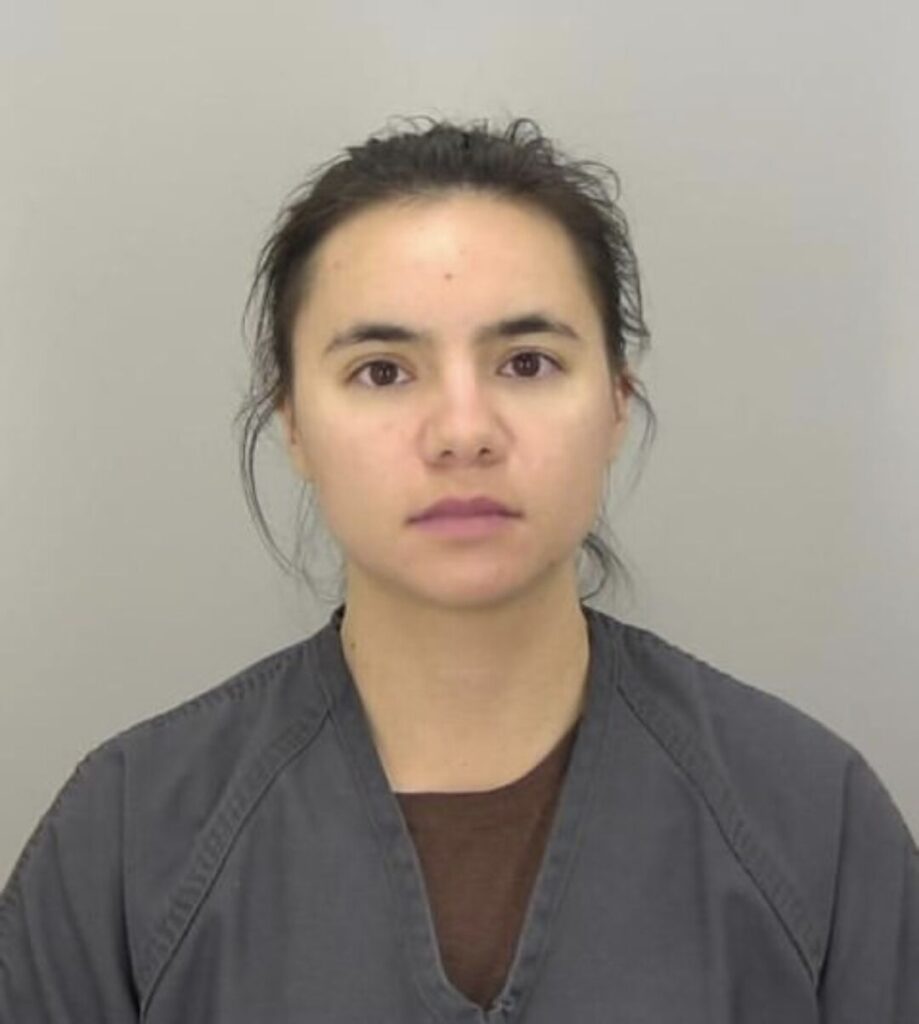Denver judge made custody decision without notice to father, appeals court finds
Colorado’s second-highest court overturned a Denver judge’s custody order on Thursday after finding the children’s father received no notice the judge actually intended to take testimony and make a decision at an advertised “status conference.”
The grandmother of two children filed a custody petition in November 2023 after the death of her daughter — the children’s mother. Madit William Dau Kot, the father of the children who lived in Nebraska, appeared at two initial status conferences in the case.
Another virtual status conference was scheduled for February 2024 with then-District Court Judge Jennifer B. Torrington. The children’s grandmother and her attorney appeared, but Kot did not. Torrington announced the purpose of the proceeding was to determine whether the grandmother had standing to pursue custody. The grandmother then provided testimony.
The hearing was cut short and Torrington postponed the remainder until March. Once again, a notice went to the parties advertising a “status hearing.”
Kot did not appear for the continuation of the status conference. After the grandmother finished her testimony, Torrington found she had standing to seek custody and that it was in the children’s best interests for the grandmother to be the sole decision-maker.
Torrington subsequently issued written permanent orders to that effect, noting she “does not have any information” about the children’s life with Kot in Nebraska as “Father refused to participate in the proceedings.”
Kot quickly obtained a lawyer, who asked Torrington to amend or vacate her order. He contended a language barrier created a misunderstanding about what he was supposed to do to attend the status conferences. More problematically, the proceedings in front of Torrington were not actually status conferences.
The notice “said nothing about March 12, 2024 being a Permanent Orders Hearing,” wrote attorney Bria Burgamy.
After Torrington took no action on the motion, Kot turned to the Court of Appeals. Burgamy elaborated that Torrington also failed to abide by her own case management order, which required mediation, a certificate of disputed issues and a list of witnesses.
A three-judge Court of Appeals panel agreed Kot did not receive notice of what, exactly, the hearings were for, as due process requires.
“We conclude that, although the record establishes that father knew about the scheduled proceedings, the notice was insufficient to apprise him of the nature of those proceedings or what the court intended to decide at them. As a result, he did not have a meaningful opportunity to be heard,” wrote Judge Steve Bernard in the June 5 opinion.
The panel also agreed Torrington entered a final decision without the required steps outlined in the case management order, and that the due process violation rendered Kot unable to fully protect his right to make decisions about his children.
“We remand the case to the court to schedule new proceedings on grandmother’s petition,” wrote Bernard, “and to provide father with proper notice of, and with a meaningful opportunity to be heard at, those proceedings.”
The case is Parental Responsibilities Concerning M.M.K. et al.
Colorado Politics Must-Reads:











